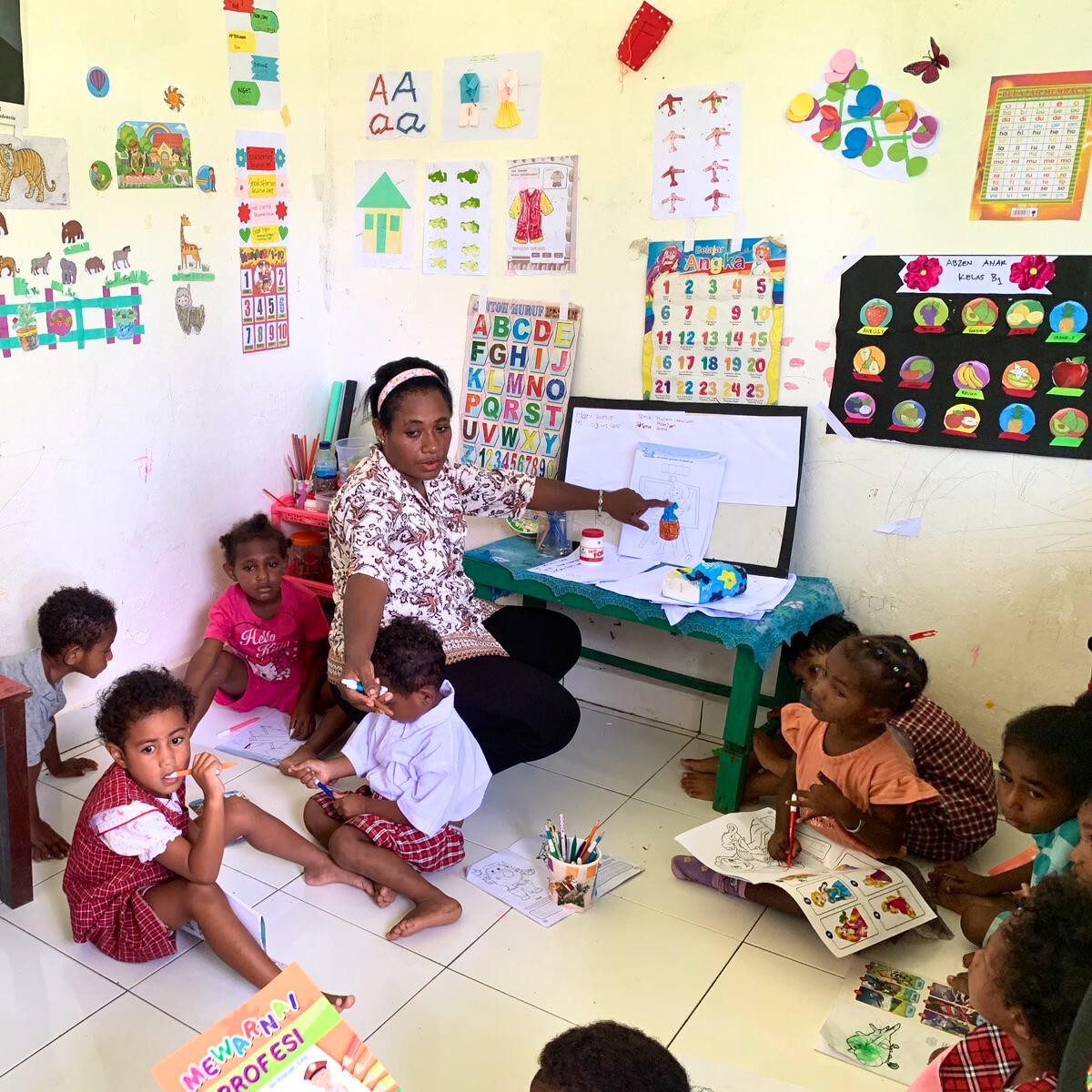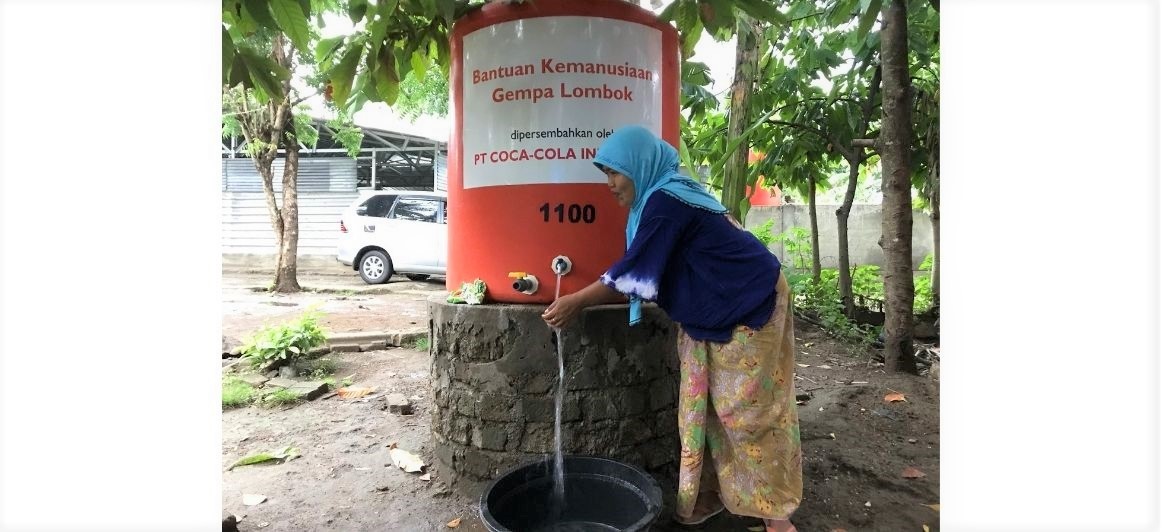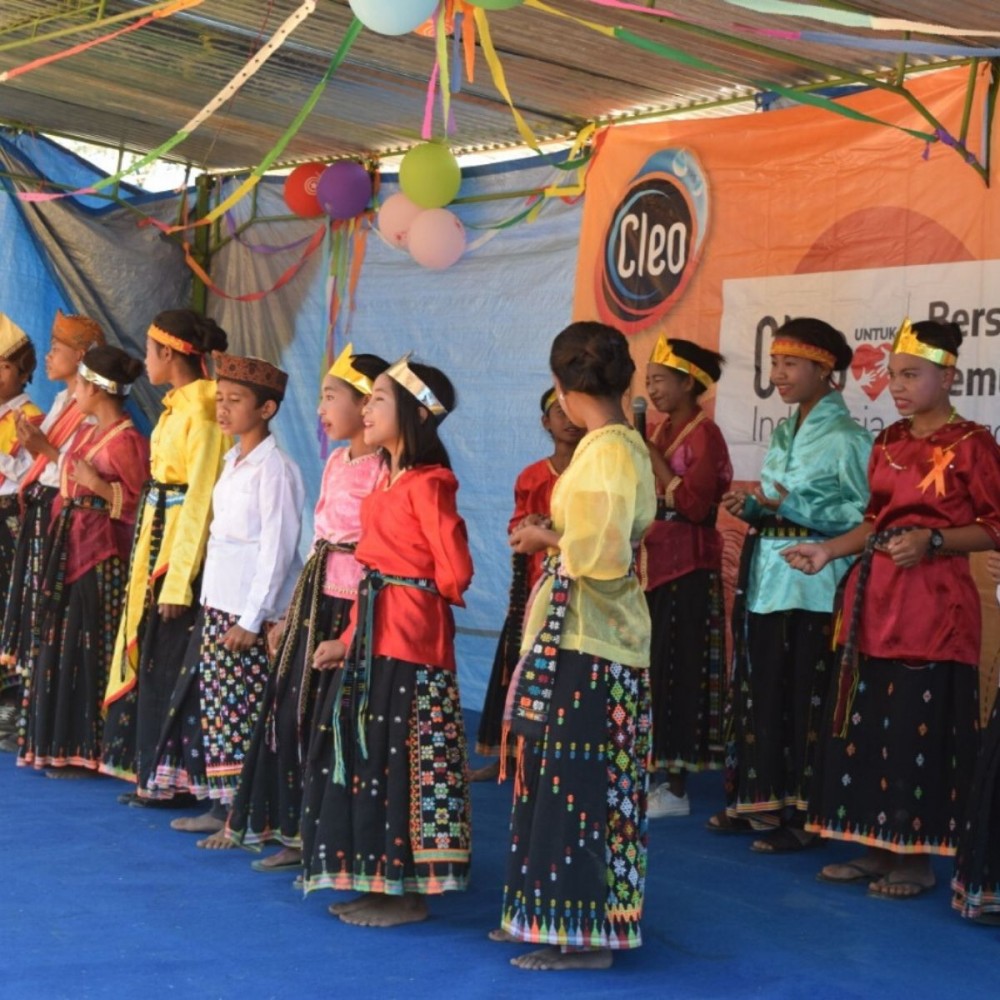The Meaningful Assistance for ECCD Teacher in Sarmi

Serving as an early childhood education teacher in Sarmi Regency, Papua, is a significant and noble profession. Many challenges must be overcome both inside and outside the classroom. Therefore, a lot of support is needed so that teaching and learning activities truly contribute to the students' development. One of the supports needed is mentoring to broaden the horizons of educators in the most remote areas, such as Sarmi.
Yunita (39), an early childhood teacher in one of the villages, has a big heart for continuing to educate children. However, she also needs support and insights to teach more creatively and innovatively. The village where Yunita serves is one of the assisted villages of Wahana Visi Indonesia. Through the SEEDS (Supporting Early Education and Development Success) project, WVI organises training for teachers. In these training sessions, the educators work together to become more creative in introducing literacy to children.
"After participating in the training, there have been many changes. The materials provided have been very helpful for me at the early childhood centre. For example, I started making attendance records by creating heart-shaped cards with letters on them, which are then stuck on a 'tree of attendance' on the wall. This activity helps the children learn the first letter of their names," she said.
In addition to needing mentoring, educators like Yunita also feel that this role is rarely in demand by the community. Currently, Yunita is the only early childhood teacher in the village. Previously, there were four educators, but due to economic reasons and time constraints, only Yunita remains committed to teaching the children at the early childhood centre. Finding teachers in remote areas is an issue with long-term consequences. To meet this need, support is required from various community stakeholders, such as local government, community leaders, and other organisations.
The new knowledge she received from the training initiated by WVI has reignited her spirit to continue teaching, even though she does everything alone. These simple yet creative and meaningful things apparently bring joy to her students. "Now, the children at the early childhood centre are happy with every activity we do. They don't just colour anymore; they play games as they were taught during the training. The children also learn through educational toys. These are made by utilising natural materials available locally," Yunita explained.
Besides starting to teach more creatively, Yunita has also begun to innovate. She has transformed one area of her small classroom into a simple reading corner. "I have also created a reading corner, but it still has many shortcomings. However, the knowledge from WVI has been very helpful for me to start trying to create a reading corner," she said.
For Yunita, being an early childhood educator requires an extra dose of calling and patience. However, in addition to that, educators also need to be continuously equipped with new knowledge to improve the quality of education in the area. These are the things that can keep a teacher's spirit alive in realising the hopes of Papuan children to become more skilled in reading.
Author: Denny Alfredo Yaas (Field facilitator for SEEDS project in Sarmi)
Editor: Mariana Kurniawati (Communication Executive)


